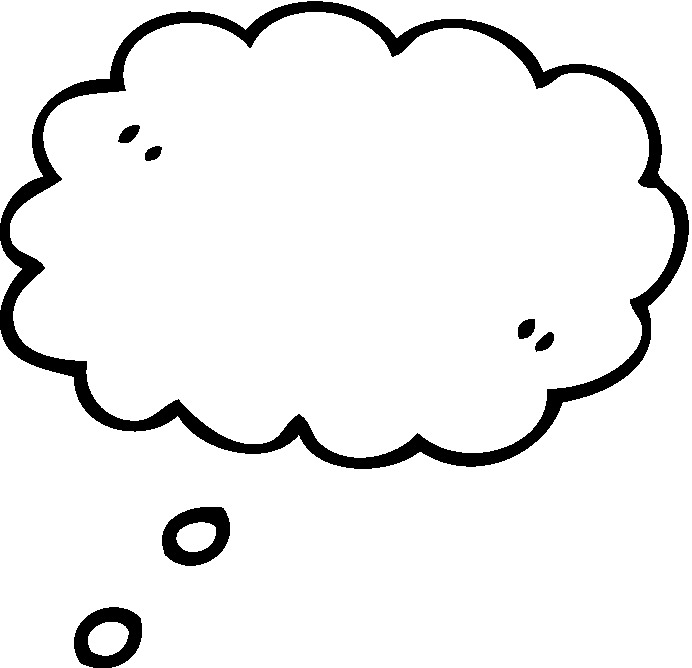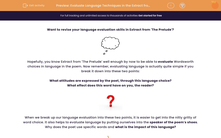Want to revise your language evaluation skills in Extract from 'The Prelude'?

Hopefully, you know Extract from 'The Prelude' well enough by now to be able to evaluate Wordsworth choices in language in the poem. Now remember, evaluating language is actually quite simple if you break it down into these two points:
What attitudes are expressed by the poet, through this language choice?
What effect does this word have on you, the reader?
.jpg)
When we break up our language evaluation into these two points, it is easier to get into the nitty gritty of word choice. It also helps to evaluate language by putting ourselves into the speaker of the poem's shoes. Why does the poet use specific words and what is the impact of this language?

Here's an example of language evaluation to get you going. Don't worry, you won't have to do anything as long as this in the exercise.
Near the beginning of the poem, Wordsworth uses the oxymoron "troubled pleasure", implying that the speaker is bewildered and confused. This suggests that nature's power is so overwhelming that the speaker cannot control his own feelings and instead is left with two contrasting emotions. Perhaps the idea of sexuality is implied, due to the noun "pleasure" combined with the adjective "troubled". It seems as if the speaker is experiencing something new and different, causing conflicting feelings. A thin line between '"pleasure" and guilt ("troubled") is apparent, and the innocence of the speaker is noticeable. This creates the effect of power and dominance asserted by nature, as Wordsworth highlights his own lack of experience. Nature seems to be strategically manipulating the speaker into a state of conflict and confusion, stripping him of his innocence and initiating him into the confusing world of adulthood, self-reflection and introspection.
You should always refer to your own text when working through these examples. These quotations are for reference only.







